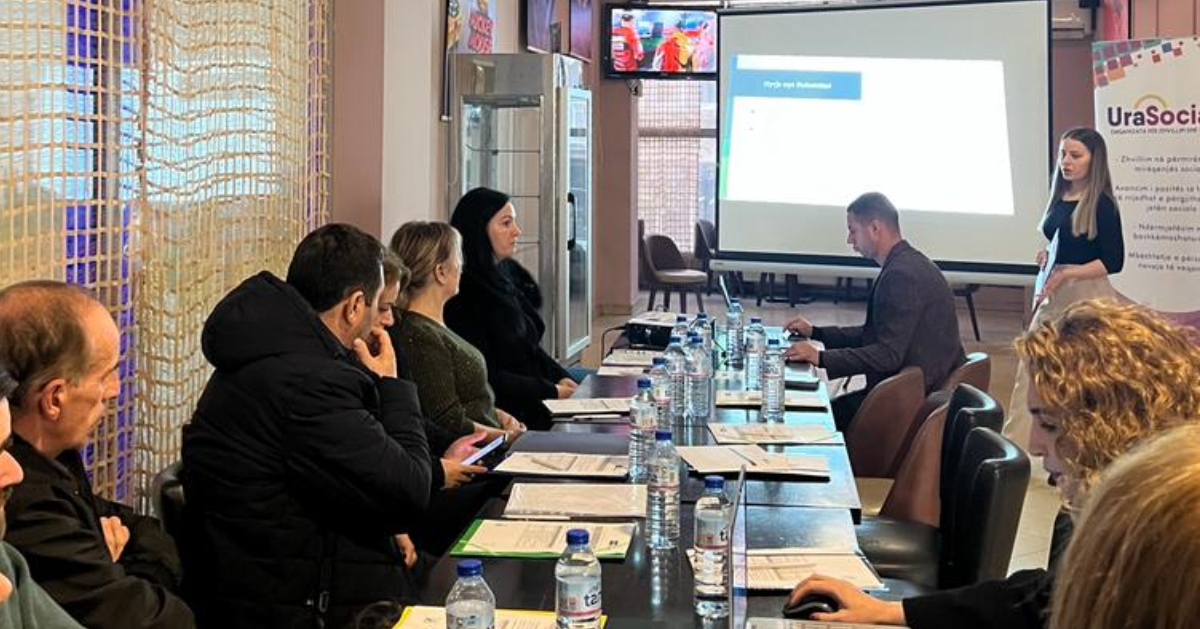In an attempt to change traditional gender norms through education, the member organization of the Kosovo Women’s Network, Ura Sociale (Social Bridge) in Vushtrri completed an initiative which aims at these changes, initially analyzing the situation in schools.
“During the activity, we met about 300 students from two vocational secondary schools in Vushtrri, meeting them during class hours who were pre-targeted for observation. It was seen whether there is inclusiveness, whether gender equality is promoted, stereotypes about gender-based violence in schools, family planning, and reproductive health. In most cases, there has been inclusiveness, but there has been a percentage where teachers have not been quite informed of such topics to explain them to the students. I believe this happened due to lack of sufficient training,” explains the Executive Director of Ura Sociale, Mërgime Jashari.
Ura Sociale has implemented the “Promotion of quality education and transformation of traditional gender norms” initiative in the period from June to November 2023.
The organization, in cooperation with the Directorate of Education in Vushtrri, engaged key stakeholders including school directors, educators and students. A Memorandum of Cooperation was also signed with this Directorate, strengthening the partnership and encouraging mutual support and commitment to improve educational practices.
At the centre of the project methodology was the precise observation of 15 teaching hours in various subjects at “Bahri Haxha” VSC and “Lutfi Musiqi” TSS. Through these observations, valuable insights into teaching methodologies and learning processes emerged, establishing the basis of a comprehensive policy brief.
This organization disseminated the findings in a policy brief to relevant parties.
Ura Sociale implemented this initiative as a beneficiary of the 18th round of the Kosovo Women’s Fund, through the KWN initiative “Advancing the Women’s Rights Initiative II”, funded by the Austrian Development Agency (ADA) and co-funded by the Swedish International Development Cooperation Agency (Sida).







